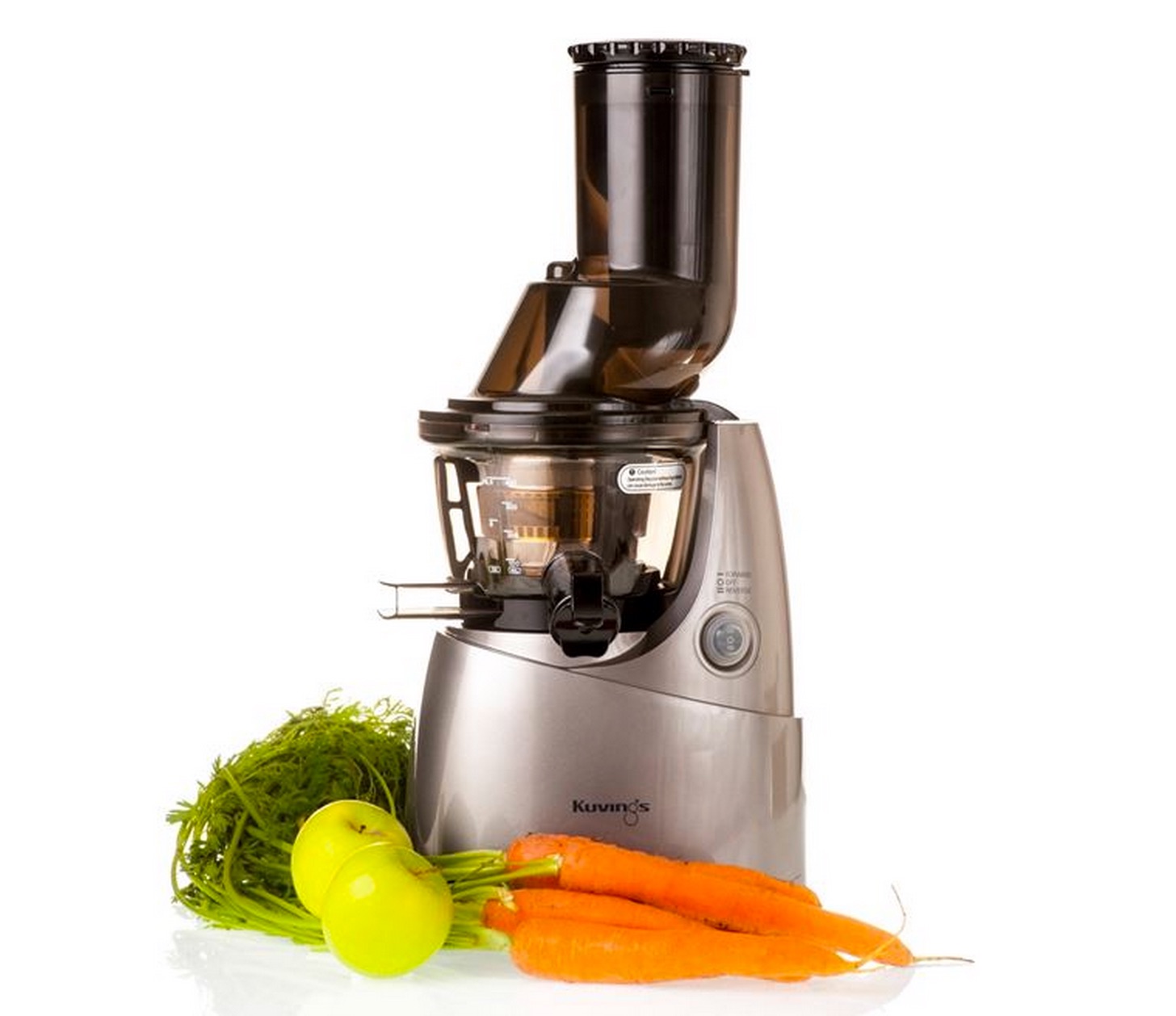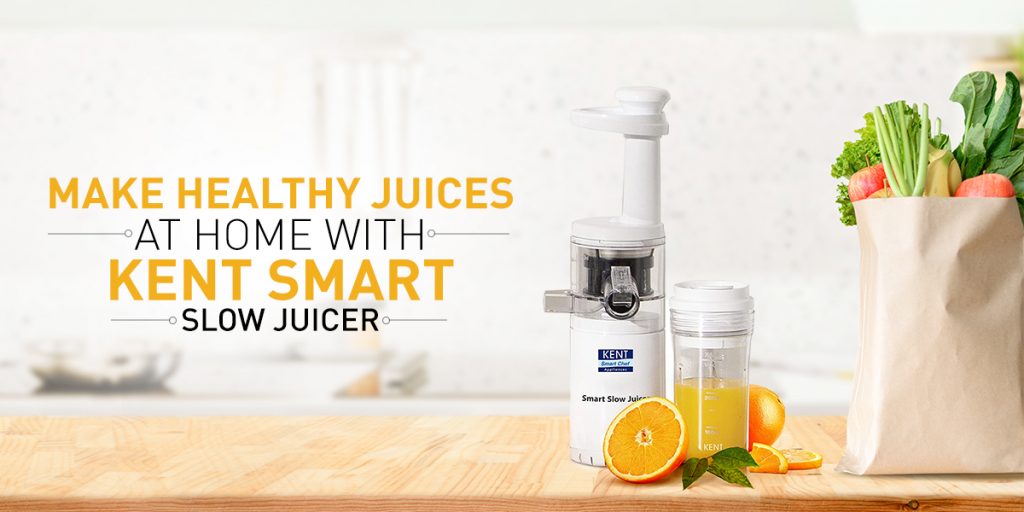Are you looking for a healthier alternative to your regular juicer? Slow juicers are gaining more and more popularity among health-conscious individuals looking for a way to make and enjoy fresh juice with maximum nutrition. But is a slow juicer really that much healthier than a regular juicer? In this article, we’ll explore the health benefits of slow juicing and compare it to traditional juicing to help you make an informed decision.
Is Slow Juicing Healthier?
Slow juicing is a method of extracting juice from fruits and vegetables by crushing, squeezing or grinding them. This method of juicing is often used in combination with other types of juicing methods to create a more complete and nutritious beverage. It is believed that slow juicing is healthier than other methods of juicing because it preserves more of the beneficial vitamins, minerals and enzymes found in fruits and vegetables.
What Is Slow Juicing?
Slow juicing is a type of juicing that takes a longer amount of time to extract the juice from fruits and vegetables. Instead of using a high-speed blender or centrifugal juicer, slow juicing uses a masticating juicer. A masticating juicer is a type of juicer that slowly crushes, squeezes or grinds the fruits and vegetables to extract the juice. This slow juicing process results in a higher yield of juice, as well as preserving the beneficial vitamins, minerals and enzymes found in the fruits and vegetables.
Benefits of Slow Juicing
Slow juicing is believed to be healthier than other methods of juicing because it preserves more of the beneficial vitamins, minerals and enzymes found in fruits and vegetables. Additionally, slow juicing produces a higher yield of juice, which means that less produce is needed to make the same amount of juice. This is beneficial for those who are trying to save money on their grocery bill. Slow juicing also eliminates the need to add sugar or other sweeteners to the juice, as the slow extraction process releases natural sugars from the fruits and vegetables.
Types of Juicers
When it comes to slow juicing, there are two main types of juicers that can be used. The first type is a masticating juicer, which uses an auger to slowly crush and grind the fruits and vegetables to extract the juice. The second type is a cold-press juicer, which uses a slow rotating blade to press the fruits and vegetables to extract the juice. Both types of juicers can extract juice from a variety of fruits and vegetables, including apples, oranges, carrots, beets, spinach, kale and more.
Nutrients in Fresh Juice
Fresh juice made with a slow juicer is packed with vitamins, minerals and enzymes that are beneficial for your health. The vitamins and minerals found in juice can help to boost your immune system and provide energy. Additionally, the enzymes found in juice can help to improve digestion and aid in the absorption of nutrients from other foods. The juice also contains antioxidants, which can help to protect your cells from damage and promote healthy aging.
Nutritional Content of Juice
In addition to the vitamins, minerals and enzymes found in juice, there are other important nutritional components that can be found in juice. For example, juice can contain high levels of fiber, which can help to promote healthy digestion. Juice also contains a variety of phytonutrients, which can help to protect against disease and promote overall health. Finally, juice can contain healthy fats, which can help to reduce cholesterol and provide energy.
Nutrient Loss in Juice
One of the drawbacks of slow juicing is that it can result in some nutrient loss. This is because the slow extraction process can cause some of the vitamins, minerals and enzymes to degrade over time. Additionally, the longer it takes to extract the juice, the more nutrient loss there can be. It is important to drink the juice as soon as possible after it is made in order to get the most nutrients from the juice.
Practical Considerations
When choosing a juicer for slow juicing, it is important to consider the size, type and cost of the juicer. Masticating juicers tend to be larger and more expensive than cold-press juicers, although they are more efficient at extracting juice. Additionally, the size of the juicer should be taken into account, as some masticating juicers can take up a large amount of counter space. Finally, it is important to consider the cost of the juicer, as masticating juicers can be quite expensive.
Storage of Juice
When storing juice made with a slow juicer, it is important to store it in an airtight container and store it in the refrigerator. Juice made with a slow juicer is more likely to spoil quickly due to the lack of preservatives, so it is important to drink it as soon as possible. Additionally, it is important to shake the juice before drinking it in order to mix the nutrients that have settled to the bottom.
Alternatives to Slow Juicing
If slow juicing is not an option, there are other methods of juicing that can be used. Centrifugal juicers are a type of juicer that uses a high-speed blade to quickly extract the juice from fruits and vegetables. This method of juicing is faster than slow juicing and is more efficient at extracting juice, but it does not preserve as many of the beneficial nutrients found in fruits and vegetables. Additionally, this method of juicing can produce a lot of foam, which can be unappetizing.
Nutrient-Rich Recipes
When it comes to making nutrient-rich juices, one of the best ways to do this is to combine different fruits and vegetables. For example, combining apples, oranges, carrots and spinach can create a juice that is packed with vitamins, minerals and enzymes. Additionally, adding a healthy fat such as avocado or nut butter can help to add healthy fats to the juice. Finally, adding a small amount of sweetener such as honey or maple syrup can help to make the juice more palatable.
Related Faq
Is Slow Juicer Healthier?
Answer: Yes, slow juicers are generally healthier than blender or centrifugal juicers. Slow juicers are considered the best choice for anyone looking to get the most nutrients out of their juice. The slow process of cold-pressing the juice allows it to retain more of its natural vitamins and minerals. In addition, the slower process also prevents oxidation and preserves the integrity of the juice for a longer period of time.
One of the main benefits of slow juicing is that it allows for more efficient absorption of nutrients into the body. It also helps to preserve the natural enzymes and other beneficial compounds that are found in fruits and vegetables. This makes for a more nutrient-dense juice that can help to boost your overall health.
Juicing or Blending…The Healthiest for Your BODY! Dr. Mandell
In conclusion, slow juicers are indeed healthier than other juicers. The slow pressing process allows for more nutrients to be extracted from the fruits and vegetables, resulting in a healthier juice. Additionally, it is also more economical as it produces a higher yield of juice and produces less waste. Therefore, it is clear that slow juicers are the healthier and more efficient choice when it comes to juicing.




